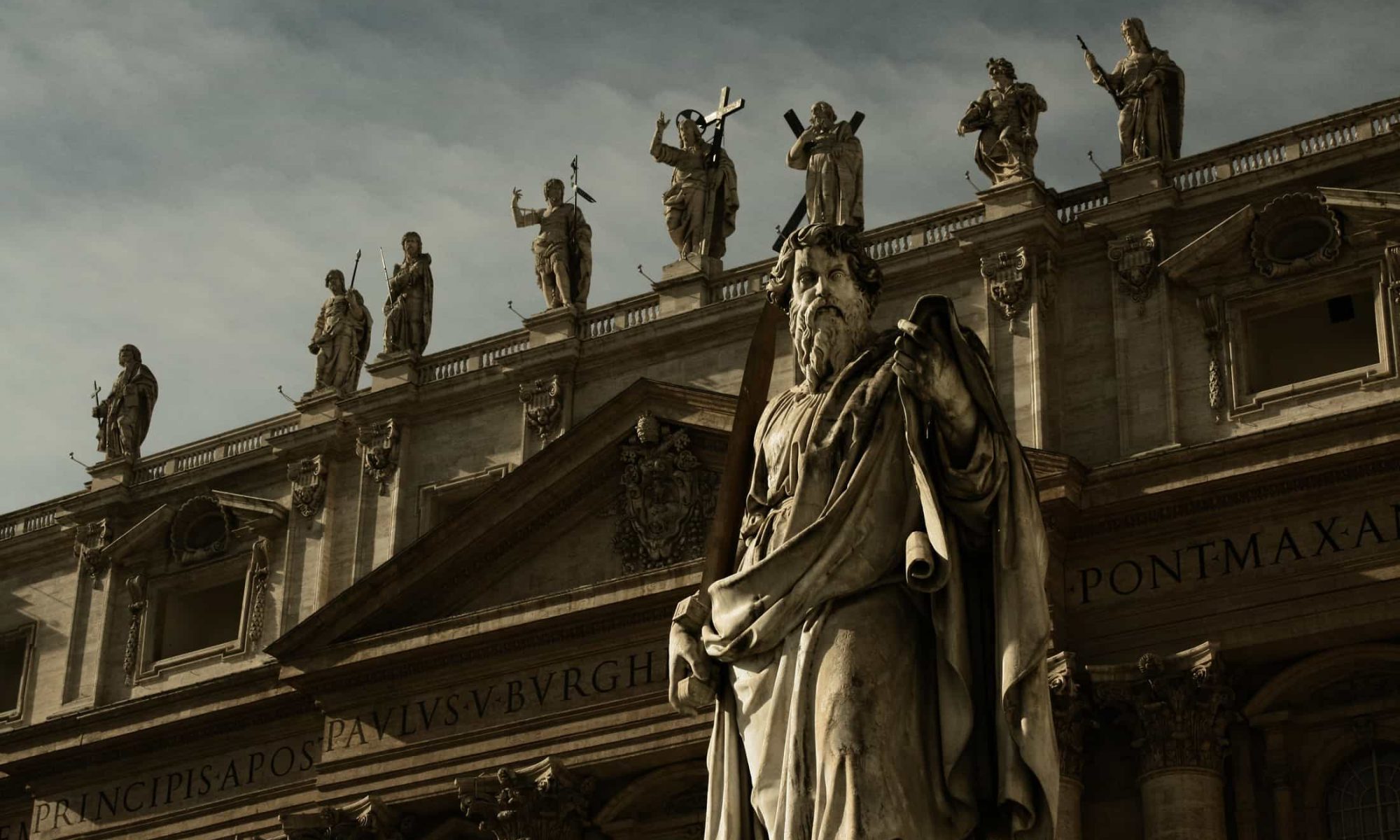My family and I have been working on a course of study in the New Testament since the beginning of the year. So far, our reading in the Gospels keeps bringing us back to one of Jesus’ central teachings in the Sermon on the Mount: the importance of the desires of our hearts. In Matthew 6, Jesus warns against storing up treasures on earth instead of treasures in heaven. Otherwise, we end up trying to serve two masters, God and wealth.
One way to view these teachings is to focus on securing blessings in the afterlife by doing the right things for the right reasons. This approach can bear some good fruit, especially if it means serving others more wholeheartedly, becoming less selfish, and living with greater hope and courage. But if storing up treasures in heaven means refusing to live in the present moment and failing to find joy in life’s simple pleasures, we’re probably missing Jesus’ point.
I’ve personally benefited from trying to understand the treasures of my own heart, which I see as my true desires and my deepest passions. What I’ve found is that my heart is remarkably fickle. As I watch my favorite sports team on TV, I’m pretty sure my greatest desire is to see them win the game. At other times, I believe I want financial success more than anything else. While in the midst of an uncomfortable social situation, I just want to escape. And when my alarm rings early in the morning, my only desire is to secure a little more sleep.
Neuroscientists tell us that we can’t really think about more than one thing at the same time. While we can switch our focus between tasks at astonishing speed, human multitasking is for the most part a myth. Our brain’s prefrontal cortex, which exercises executive control, can focus on only one thought at a time.
I think the same principle applies to the treasures of the heart. It makes sense that we can desire only one thing at the same time. If this is true, what can it teach us about the effects of modern technology on character development?
The first thing to come to mind is the power of distraction in the 21st century. Whenever I’m experiencing something unpleasant, I can pull out my smartphone and immediately turn my heart to any number of shallow desires. I can read the latest sports commentaries, interesting op-ed columns, and scintillating social media posts. Of course none of these sources align very well with what I claim to be my greatest desires, my heart’s treasure. But as I continue to spend my precious time with them, they might as well be my greatest desires.
According to Jesus’ parable of the sower, the word of God can be “choked by the cares and riches and pleasures of life,” keeping the fruit from maturing to perfection. In the same way, the things that matter most can be choked by a constant stream of online diversions.
My own experience persuades me that social media fasts, television fasts, and online news fasts are essential in getting us back in touch with our true desires that may have been smothered and stunted by a lack of nourishment.
But shunning distraction is not enough. Treasuring up what we most value means consistently doing hard things. Without putting thoughtful, strenuous effort into what we desire, we inevitably slip back into old habits, turning to sources of immediate gratification.
Sometimes I’m foolish enough to think I can get what I want out of life without clear goals and rigorous planning. But modern life has far too many distractions that need to be explicitly sacrificed to secure the treasures of the heart.

